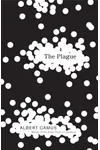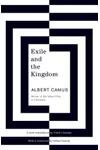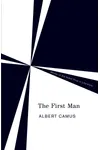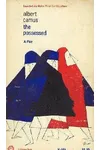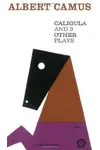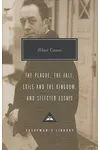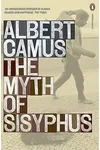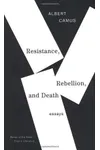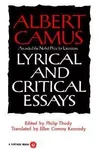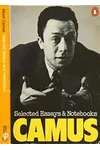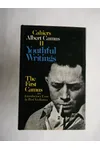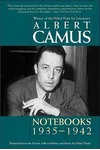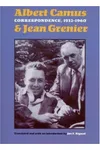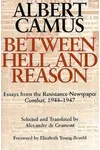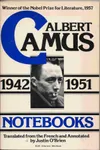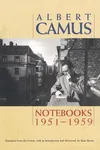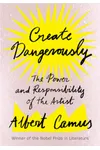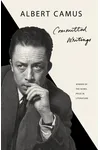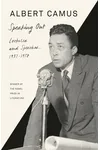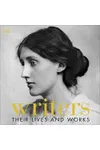Picture a French-Algerian philosopher who wrestled with life’s biggest questions through gripping novels and essays—meet Albert Camus! Born in poverty, he spun tales like The Stranger and The Plague that still spark debates about meaning and freedom. His knack for blending raw emotion with big ideas made him a literary giant.
Camus’s life was as compelling as his stories. A Nobel Prize winner by 44, he lived fiercely, loved deeply, and died tragically young. Let’s dive into the world of a man who faced an indifferent universe with courage and a pen.
The Making of Albert Camus
Born on November 7, 1913, in Mondovi, French Algeria, Albert Camus grew up in a working-class family. His father died in World War I, leaving young Albert with his mother, who was partially deaf. Poverty shaped his early years, but a sharp mind and a love for soccer and literature set him apart. At the University of Algiers, he studied philosophy, falling hard for thinkers like Nietzsche and Kierkegaard. Tuberculosis cut short his academic dreams, but it pushed him toward writing, where he found his voice as a journalist and playwright.
Albert Camus’s Unforgettable Stories
Camus’s writing is a masterclass in absurdism—the idea that life lacks inherent meaning, yet we must create our own. His first major work, The Stranger (1942), follows Meursault, a detached Algerian who shocks with his indifference to societal norms. Its stark prose and existential edge made it a global sensation. The Plague (1947), a haunting allegory of human resilience, depicts a town battling a deadly disease, mirroring the moral struggles of World War II.
His essays, like The Myth of Sisyphus (1942), unpack absurdism with clarity and wit, urging readers to embrace life’s absurdity with defiance. The Fall (1956), a introspective novel, explores guilt and judgment through a lawyer’s confessions. Camus’s style—spare, evocative, and deeply human—blends philosophy with storytelling, making complex ideas feel personal and urgent.
Whether crafting novels, plays, or essays, Camus tackled themes of freedom, morality, and rebellion. His Algerian roots infused his work with vivid landscapes and a sense of outsider perspective, resonating with readers across cultures.
Why Albert Camus Matters
Camus’s impact stretches far beyond literature. His philosophy of absurdism offered a lifeline to a world reeling from war and disillusionment, inspiring thinkers, writers, and activists. He was a moral compass, too—his resistance against Nazi occupation and his outspoken stance against totalitarianism cemented his legacy as a champion of justice. Winning the Nobel Prize in 1957, at just 44, underscored his brilliance. Though his life ended in a car crash in 1960, his ideas continue to shape modern existential thought and inspire readers to find meaning in chaos.
About Albert Camus
- Born: November 7, 1913, in Mondovi, French Algeria
- Key Works: The Stranger, The Plague, The Myth of Sisyphus, The Fall
- Awards: Nobel Prize in Literature (1957)
- Died: January 4, 1960, in a car accident
Ready to explore a mind that redefined modern thought? Grab The Stranger or The Plague and dive into Albert Camus’s bold, thought-provoking world!

